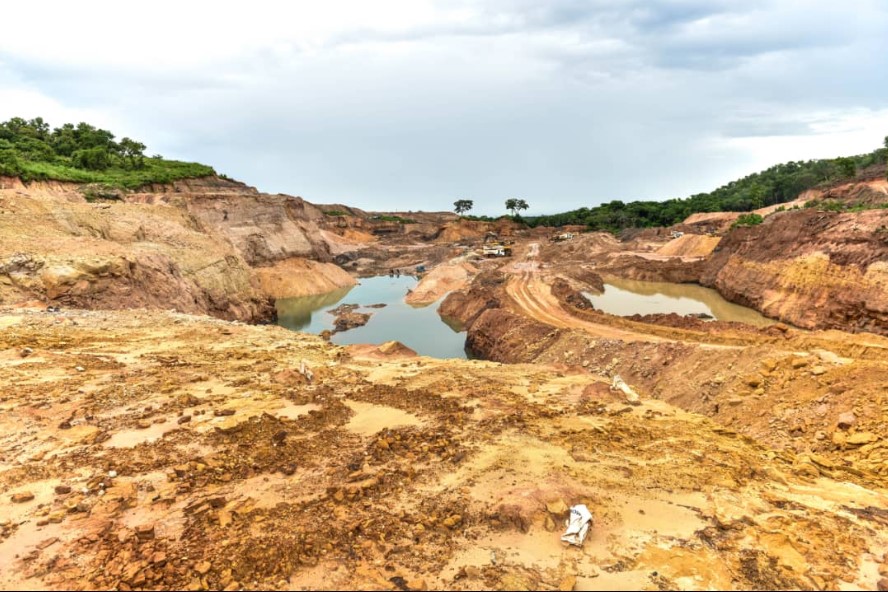Illegal mining in Nigeria has deep historical roots. During colonial rule, resource extraction prioritised profit over local development, leading to exploitative practices and informal mining communities. Post-colonial governments inherited these structural issues but struggled to regulate the informal sector effectively.
During the colonial period, mining in Nigeria was a central aspect of economic exploitation by the British government. Key features of the colonial mining system included: Minerals such as tin, coal, and gold were extracted primarily for export to Britain, with little emphasis on local industrial development. The Jos Plateau became a hub for tin mining, while Enugu was a significant coal mining area. Colonial authorities relied on forced or cheap labour from local communities, often under harsh conditions. Many indigenous workers were paid meagre wages, with minimal attention to safety or welfare. The system prioritised profit over sustainability, leading to deforestation, soil erosion, and other environmental damages that persist to this day. Infrastructure like railways and roads was developed mainly to transport minerals to ports for export, rather than for the broader economic benefit of the Nigerian populace.

Illegal Mining in Nigeria: Statistics and Key Issues
Illegal mining, often referred to as “artisanal and small-scale mining (ASM) without proper licensing,” has grown significantly in Nigeria. Here are some key statistics and issues:
According to Nigeria’s Ministry of Mines and Steel Development, over 80% of mining activities in the country are carried out illegally. States such as Zamfara, Niger, Kaduna, and Osun are hotspots for illegal gold mining, while Kogi and Plateau see illegal quarrying and tin mining. Illegal mining costs Nigeria billions of naira annually in lost revenue due to unregulated exports and lack of taxation. The sector employs hundreds of thousands, providing livelihoods but bypassing formal economic systems.
Illicit mining often involves the use of mercury and cyanide, which contaminate water sources and soil. Environmental degradation, including deforestation and loss of arable land, is widespread. In areas like Zamfara, illegal mining has been linked to banditry and conflicts over resource control. Smuggling networks exploit weak enforcement, fuelling the proliferation of arms and criminal activities. Today, illegal mining persists, fuelled by poverty and corruption. Addressing this requires revisiting colonial-era policies and incorporating modern solutions, such as satellite monitoring and community-inclusive reforms. Learning from history can help create a balanced mining framework that prioritises both economic growth and social equity.

